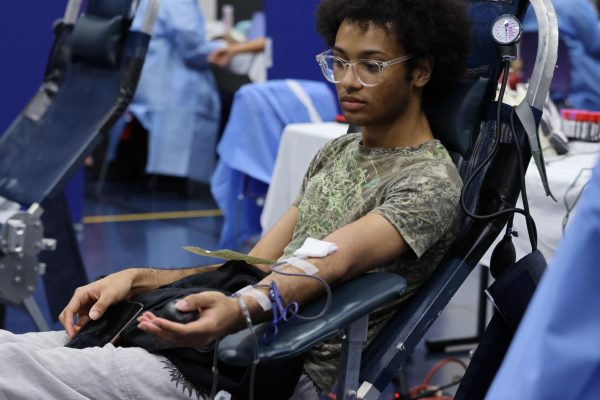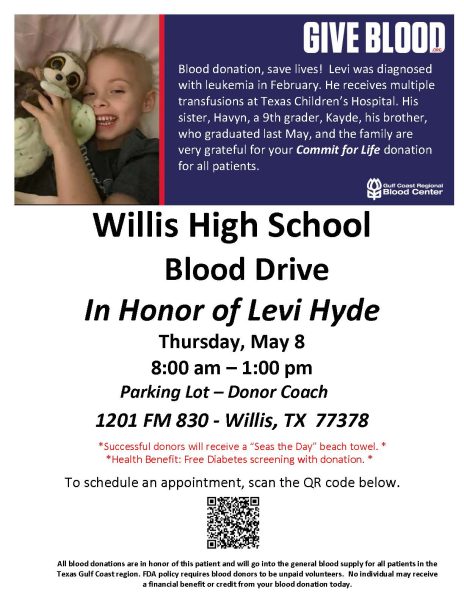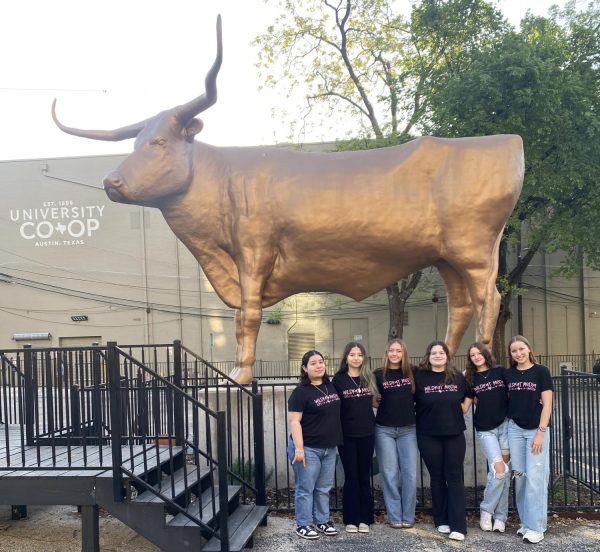Chromebook roll-out offers students technology at their fingertips
photo or infographic by Andi McCulloch
Twenty-five Wildkats were surveyed about the new Chromebooks by junior Andi McCulloch.
This summer, letters were sent home to every student referring to a new electronic policy. Each student will have access to a Chromebook after paying a $40 fee.
Over 1400 students have taken care of the procedures necessary to gain access to these devices. Students who are not able to pay the $40 fee need to talk to AP Tiffany Matthews in B409.
“I think it will be helpful for students,” sophomore Nicholas Miller said. “Most people complain about not being able to be on their devices anyways.”
The average price of a laptop is about $700 to $1,500. Having already invested such a large sum of money, students would prefer to use their own personal device.
“I just miss my touchscreen and my mouse,” senior Darius Johnson said. “I understand that some students needed technology, but I don’t think it should have been mandatory. If we have a computer, we should be able to use our own computers.”
The computers will allow students to electronically record their notes rather than handwriting them. They will also be able to use their computers to complete assignments and work on homework.
“We are using Chromebooks in most of my classes,” freshman Payton Young said. “It is way easier to take notes on my computer. I type faster than I write, and my hands don’t cramp up.” Students will also be able to save their work and not lose assignments with the use of technology and the Chromebook.
“I believe it would be beneficial because we can type our notes and keep them on one document,” junior Kimberly Finley said. “Students will probably become more organized as a result.”
The 1:1 technology plan was instituted to allow student access to technology in all of their classes.
“Our world is revolving, so it is important to know how to use technology in productive ways,” junior Martha Romero said.
Your donation will support the student journalists of Willis High School. Your contribution will allow us to purchase equipment and cover our annual website hosting costs.

Charnell Haywood is a senior in high school. She loves talking with all people. She likes watching sunrises and sunsets. She loves Marvel Movies. She is...

Terri is a senior. She is a member of both the yearbook and newspaper staff and is a fourth year journalism student. She was elected secretary of her class...







